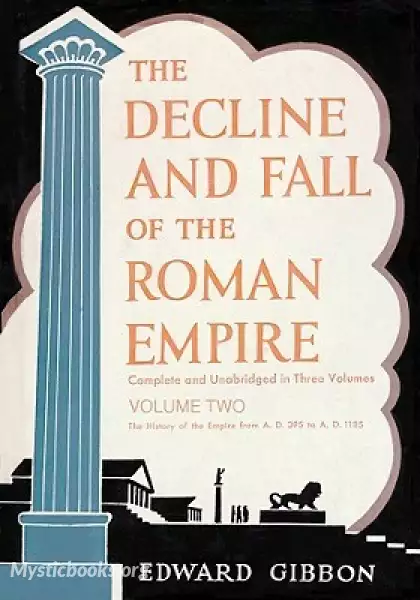
The History of the Decline and Fall of the Roman Empire, Vol. II
'The History of the Decline and Fall of the Roman Empire, Vol. II ' Summary
The deterioration of the Rome picks up with the reign of Gratian and his eventual overthrow leading to the unification of the Empire under Theodosius the Great before its finale split with the inheritance of his sons and then their successors over the next 50+ years. Throughout the era of House of Theodosius, the various barbarian tribes made inroads into the Western Empire which included two sacks of Rome itself by the Visigoths and Vandals, as the long ineffectual reign of Honorius and his successors allowed the Empire to slip out of their fingers. In the vacuum arose the genesis of future European states such as England, France, and Spain while Italy declined in population and political cohesion as the Pope began to fill not only a religious but political role.
The Eastern Emperors in Constantinople, unlike their family and colleagues in the West, were able to keep their domain intact through military force or bribes to turn away. The bureaucratic framework established by Constantine and reformed by Theodosius was used to keep the Eastern Empire thriving against barbarian incursion and Persian invasions while creating a link to the Roman past even as the eternal city fell from its greatness. Yet as the Eastern Emperors kept alive the Roman imperial tradition while continually orienting it more towards Greek cultural heritage, the internal conflicts of Christianity became a hindrance to social and imperial stability leading to rebellions of either a local or statewide nature or allowing foreign powers to invade.
This middle volume of Gibbon’s monumental work is divided in two, the first focusing on the fall of the Western Empire and the second on how the Eastern Empire survived through various struggles and for a brief time seemed on the verge of reestablishing the whole imperium. Yet throughout, Gibbon weaves not only the history of Rome but also the events of nomadic peoples as far away at China, the theological controversies within Christianity, and the numerous other treads to create a daunting, yet compete look of how Rome fell but yet continued.
Book Details
Language
EnglishOriginal Language
EnglishPublished In
1781Genre/Category
Tags/Keywords
Authors
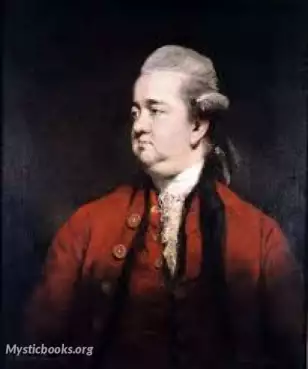
Edward Gibbon
England
Edward Gibbon FRS 8 May 1737 – 16 January 1794) was an English historian, writer and Member of Parliament. His most important work, The History of the Decline and Fall of the Roman Empire, was p...
Books by Edward GibbonDownload eBooks
Listen/Download Audiobook
- Select Speed
Related books

The Chronicles of America Volume 09 - Colonial Folkways by Charles Morris
In "Colonial Folkways," the ninth volume of "The Chronicles of America" series by the eminent historian Charles Morris, readers embark on an immersive...
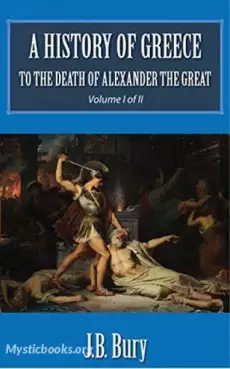
A History of Greece to the Death of Alexander the Great, Vol 1 by John Bagnell Bury
The book covers artistic and literary development, as well as politics and war, and its field of view includes western Asia Minor, the Agean archipela...

The Great Events by Famous Historians, Volume 12 by Charles F. Horne
Dive into the depths of history with "The Great Events by Famous Historians, Volume 12" by Charles F. Horne, a riveting compilation that unveils the m...

Foxe's Book of Martyrs, Volume 2 by John Foxe
It begins with early Christian martyrs, and continues with the Inquisition, Wycliffe, and the Marian Persecutions.Roman Catholics often view Foxe's r...
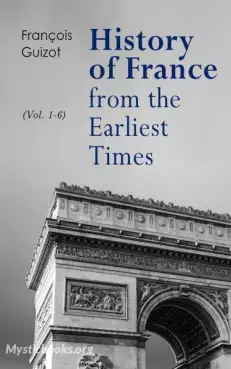
A Popular History of France from the Earliest Times vol 6 by Francois Guizot
François Pierre Guillaume Guizot was a French historian, orator, and statesman. He played a significant role in French politics before the Revolution...

Autobiography of Anthony Trollope by Anthony Trollope
Anthony Trollope was an English novelist and civil servant of the Victorian era. Among his best-known works is a series of novels collectively known a...
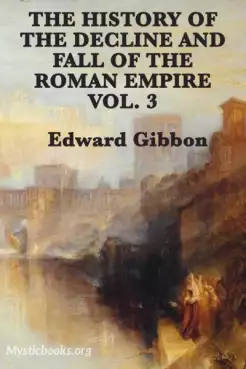
The History of the Decline and Fall of the Roman Empire, Vol. III by Edward Gibbon
The History of the Decline and Fall of the Roman Empire is a six-volume work by the English historian Edward Gibbon. It traces Western civilization (a...
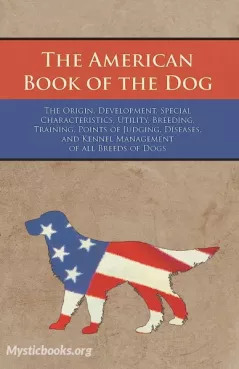
The American Book of the Dog by Various
In the heart of the United States lies a treasure trove of untold tales, a compilation of canine chronicles that weave together a captivating narrativ...
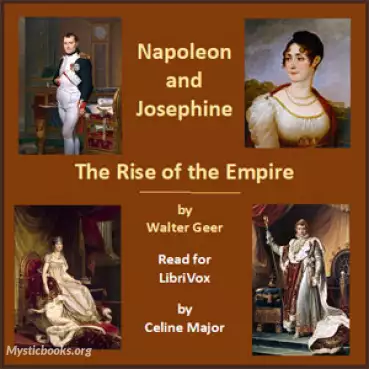
Napoleon and Josephine 'The Rise of the Empire' by Walter Geer
It tells the fascinating story of one of history's most iconic power couples, Napoleon Bonaparte and his wife Josephine. Set against the backdrop of...

The Story of Santa Klaus by William S. Walsh
In "The Story of Santa Klaus" by William S. Walsh, prepare to journey through time and tradition to discover the fascinating evolution of the beloved...
Reviews for The History of the Decline and Fall of the Roman Empire, Vol. II
No reviews posted or approved, yet...